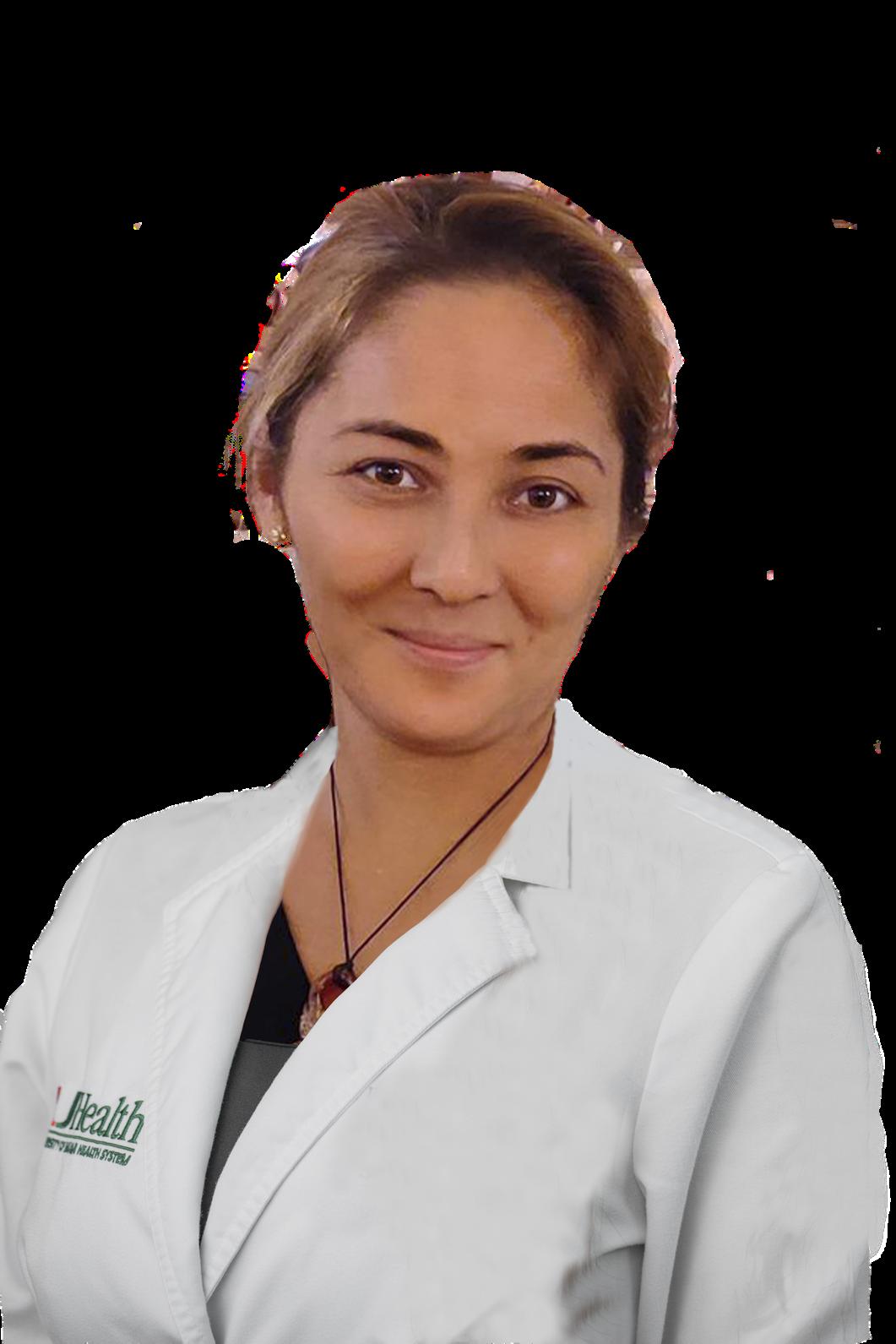
7 minute read
Training
Dr. Rundek’s dedication to training and mentoring along with the EMBI’s integration of clinical, translational and basic science sets the stage for our mission to train future clinicians and scientists in age-related cognitive decline She continuously sought new training grant opportunities and announcements throughout the year She submitted five training grants to NIH this year, of which two were funded (T32 and FL DOH), one will be re-submitted, and two are awaiting scoring details (NINDS R25 and NCATC CTSI K12) Three were in collaboration with Dr Jean-Louis which are discussed above on pages 31. One was an application to the Florida DOH Ed and Ethel Moore Alzheimer’s Disease Research Program, that was just awarded in December 2022
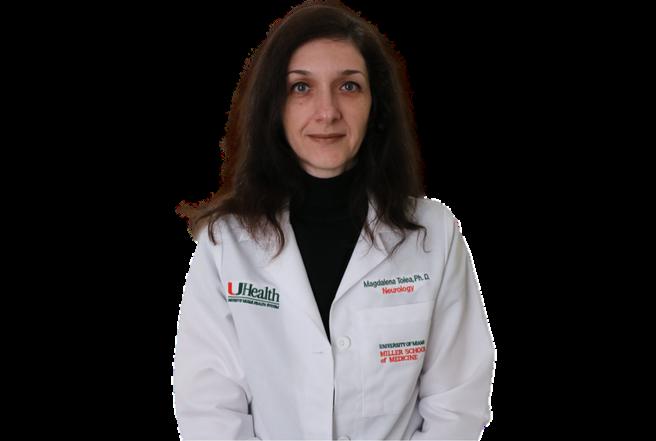
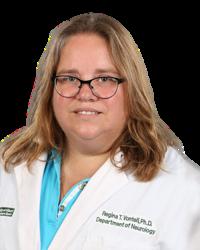

EMBI leaders Drs. Rundek, Sun, Levin and Galvin along with our EMBI collaborators have been mentoring promising junior faculty and students throughout the year. See Appendix 1 training tables on pages 60-62.
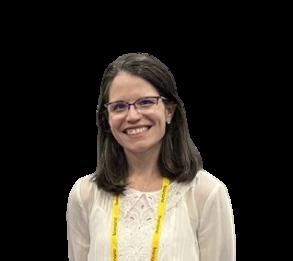

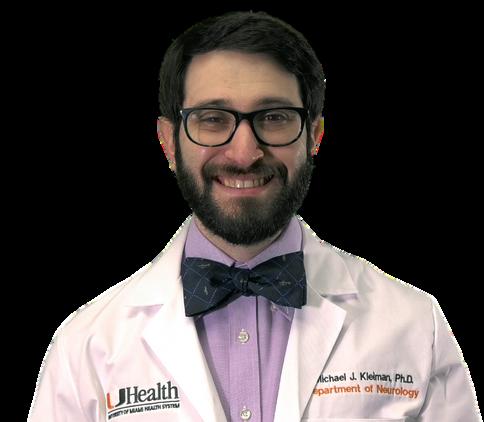
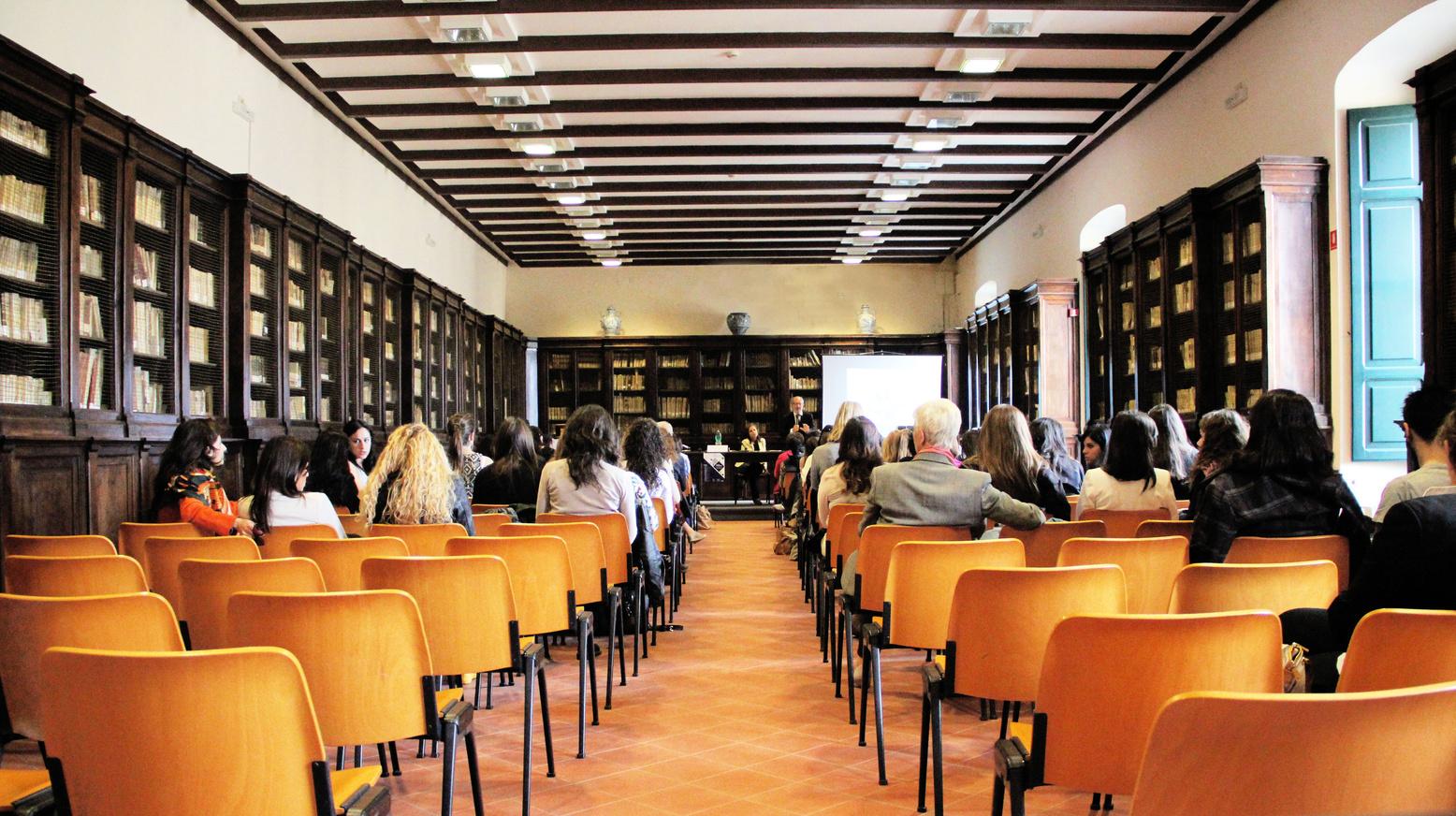
Christian Agudelo, MD is our EMBI Neurocognitive Scholar (Mentors: Drs. Rundek and Ramos). Dr. Agudelo is a neurologist with a sleep and cognitive fellowship. He has been a model scholar, actively working on grant applications, publishing papers from his research, and participating in education and community outreach efforts He has been successful in obtaining a NIH Diversity Supplement to his mentor’s (Dr Alberto Ramos) NIH R01 grant, Sleep in Neurocognitive Aging and Alzheimer’s Research (SANAR) with funding staring in January 2023 His accomplishments in 2022 are detailed in Appendix 5, pages 87-95
Anita Seixas Dias Saporta, MD (Mentor: Dr Rundek), is trained in neuroimaging research in multimodalities (mainly MRI and PET) She oversees the post processing of MRIs and medical data for subjects enrolled in the Schoninger Frailty Database led by Dr. Levin. This Registry has detailed medical and neuropsychological data of subjects seen in Dr. Levin’s clinic with memory complaints. Anita collaborates on two projects led by Dr. Rundek. The Carotid Ultrasound Imaging Markers of AGINg and Endothelial function in Risk of Alzheimer’s Disease: The Florida IMAGINE Study of AD Risk is currently in the collection and data processing stage. She quantifies silent cerebrovascular disease related lesions, such as white matter hyperintensities and enlarged perivascular spaces. She is in the data analysis stage for publications and generation of pilots for novel projects for the Brain Vascular Imaging Phenotypes, Vascular Comorbidities, and the Risk for Alzheimer Disease: The Florida VIP Study of AD Risk. She has collaborated on three published papers this year and one that is in press
Sonya Kaur, PhD (Mentors: Drs Rundek and Levin) is an Assistant Professor in the Department of Neurology Division of Neuropsychology Schoninger Neuropsychology program Her research focuses on mechanistic pathways that mediate cognitive impairment in aging She has a special interest in examining the impact of lifestyle interventions (e g exercise, sleep) on markers of disease progression in a variety of neurodegenerative processes This year, she applied for three grants 1) McKnight Inter-Institutional Pilot award, 2) Florida Department of Health (DOH) pilot award and 3) the Alzheimer’s Disease Neuroimaging Initiative (ADNI) Scholar’s program. She contributed to the EMBI community outreach program by presenting on sleep and aging and has written a sleep blog on the EMBI website. She has also co-authored six publications in 2022. Two of them are from collaborations made in the American Academy for Sleep Medicine SOAR program. This collaboration has resulted in to two co-authored publications in the area of sleep, vascular risk factors and Alzheimer’s Disease biomarkers in older adults without cognitive impairment.
Regina Vontell, PhD, MA (Mentors: Drs. Sun, Scott, and Rundek) is a Research Assistant Professor and Associate Director of the Brain Endowment Bank Her primary research has focused on the inflammatory mediators in the brain and their relation to complex diseases She has been instrumental in studies that identify potential targets for neuronal inflammation This year she received funding for three projects she will be an Investigator on and submitted the manuscript Inflammasome Signaling Proteins in Neurons and Microglia in Early, Intermediate Stages of Alzheimer’s Disease to the journal Brain Pathology and co-authored and presented abstract/poster presentations at important scientific meetings She was interviewed for her presentation at the 2022 AAIC She also led the Open Scope Presentation, What to Do With p62 and led a Student Tour and Brain Dissection.
Magda Tolea, PhD (Mentors: Drs. Galvin and Rundek) is a Research Assistant Professor at the UM Comprehensive Center for Brain Health (CCBH) where she is the Associate Director of Research Her current research focuses on the intersect between physical dysfunction and cognitive impairment, more specifically on sarcopenia and its role as a potential predictor of cognitive decline and dementia in later life In 2022 she spent time opening the Research Center at the CCBH and preparing for a new NIH/NIA R01 drug trial that she is the Site PI and Co-Investigator on, Mild to Moderate Dementia with Lewy Bodies. She completed her analysis for Aim 1 of her ADRC AlzSTARS project focused on the cross-sectional relationships of sarcopenia and cognitive performance in cognitively normal but at-risk older adults. She submitted a manuscript to the Journal of Alzheimer’s Disease Reports and went through two rounds of revisions. She serves on a dissertation committee for a PhD candidate.
Lilah Besser, PhD, MSPH (Mentor: Dr. Galvin) is a Research Assistant Professor at the UM Comprehensive Center for Brain Health (CCBH). Her current research centers on the intersections between neighborhood built and social environments, healthy aging and brain health. She is the Principal Investigator on two grant-funded projects: Longitudinal Associations Between Neighborhood Greenspace and Brain Aging in Cognitively Normal Older Adults and Neighborhood Segregation and Longitudinal Change in Brain Health Measures She received funding this year to study three different projects from 1) Alzheimer’s Association, 2) NIH and 3) C4R Early Investigator Award She published a paper in a high impact journal on neighborhood segregation She is Co-I on NIH/NIA R01 grant application submitted in November 2022. She co-chaired two Structural/Social Determinants of Health work group for Social/Structural Determinants of Health Working groups for the 1) Multi-Ethnic Study of Atherosclerosis and 2) Diversity and Disparities Professional Interest Area for the Alzheimer’s Association International Society to Advance Alzheimer’s Research and Treatment (ISTAART). She presented at multiple conferences/meetings.
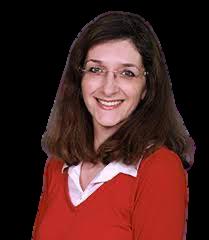
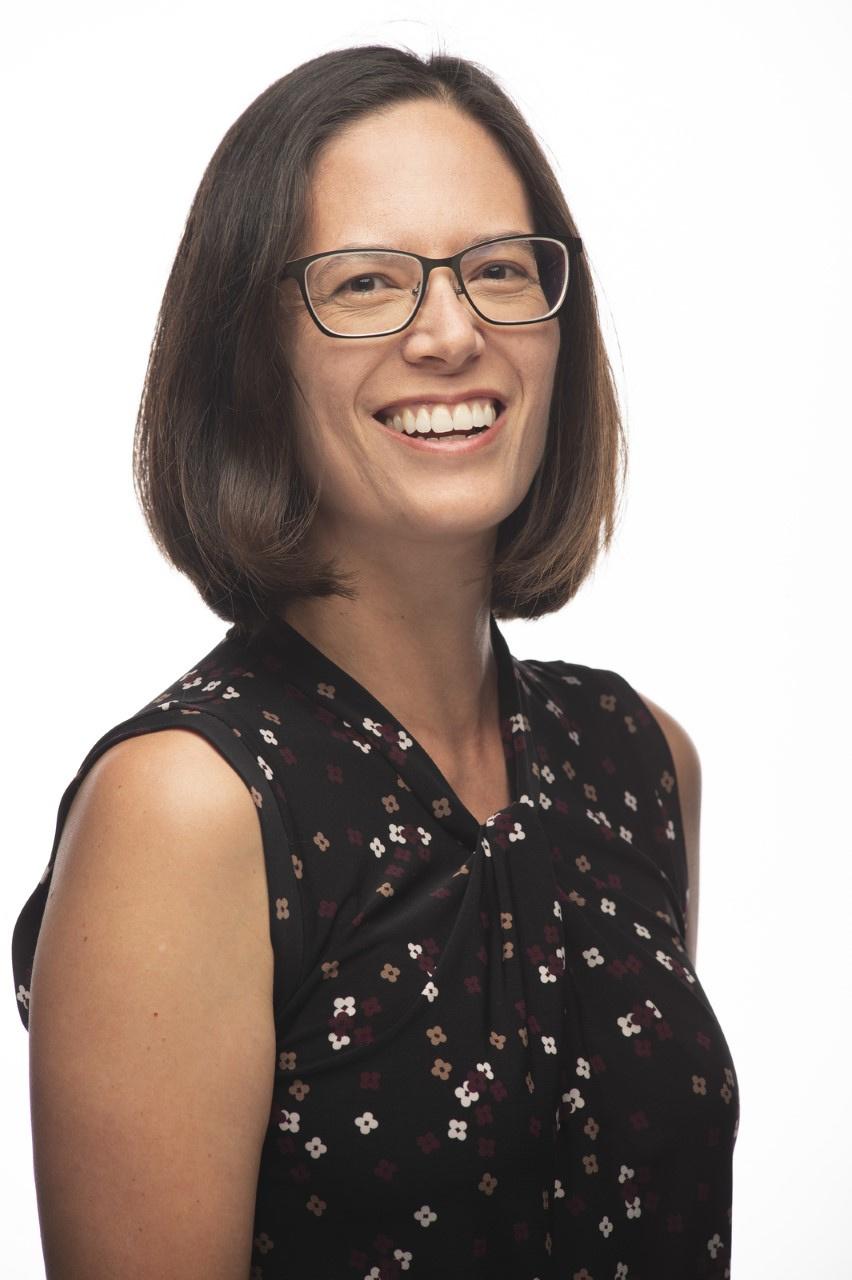
Michael Kleiman, PhD (Mentor: Dr. Galvin) is a Postdoctoral Fellow and Data Scientist at the UM Comprehensive Center for Brain Health (CCBH). Dr. Kleiman’s area of focus is on the intersection between neurology, cognitive psychology and data science. He has developed tools and machine learning models that use neurobehavioral markers as well as health records, cognitive exam scores and neuroimaging data for assessing current impairment and predicting future risk of impairment This year, he began collecting data for the Behavior-based Automated Cognitive Assessment of Neurodegeneration (BACAN), which examines both gaze and speech behavior to measure cognitive domain performance within prodromal and preclinical Alzheimer’s disease He was a recipient of an Alzheimer’s Association International Research Grant and awarded the McKnight Clinical Translational Research Scholarship in Cognitive Aging (See Honors and Awards section on pages 49-50)
Taylor Ariko, BS (Mentors: Drs. Rundek and Zhao) is a PhD Student in the College of Biomedical Engineering and is our EMBI trainee. She has been instrumental in working with the DOH IMAGINE Study (Rundek PI) and has been working on the MRI post-processing pipeline under the supervision of the study physicist. She programed and coded the pipeline for WMHV and DTI image sequences and processed the images. She has also been trained to perform carotid ultrasounds. This year she co-authored three publications. She presented her work at four University of Miami scientific forums, co-authored one abstract/ poster for the 2022 AAIC and submitted three abstracts for the 2023 American Academy of Neurology (AAN) meeting
Botagoz Aimagambetova, MD (Mentors: Drs Rundek and Tulay) completed an MD degree and a residency in medicine/cardiology in Kazakhstan She has studied ultrasound and functional evaluation of cardiovascular diseases and is trained in a full range of noninvasive diagnostic cardiac exams She is currently working on a Master’s in clinical and translational research at the University of Miami (Program Director, Dr. Rundek). Her primary research interest is the determination of cardiovascular risk factors in the etiology of neurodegenerative processes in an elderly population. Her current research which is a registered protocol for a systematic review is “How arterial stiffness measured by pulse wave velocity correlates with cognitive decline in hypertensive individuals?” The research part of the review through the PubMed, Web of Science, Embase, Scopus, and CINAHL databases with the UM Calder Library system is complete She submitted an abstract to the 2023 American Academy of Neurology (AAN) Conference titled Estimated Pulse Wave Velocity Inversely Associates with Cognition in the Northern Manhattan Study She also submitted an abstract to the 2023 UltraCon powered by AIUM titled The Role of Beta-Stiffness Index and Estimated Pulse Wave Velocity in Cognitive Aging

Nicole Dueker, PhD (Mentors: Drs. Wang, Blanton, and Rundek) is a research scientist at UM and is an EMBI trainee. She performs statistical and genetic epidemiological analyses in various datasets, including the Northern Manhattan Family Study, UK Biobank, ADNI and others. Her primary work focuses on performing analyses on and investigating the relationship between epigenetic age acceleration and stroke intermediate phenotypes as well as epigenetic changes and their association with carotid bifurcation in a large sample of extended families from the Dominican Republic She also contributes to grant writing for proposals involving the family study dataset as well as developing her own independent grants A manuscript was accepted for publication in the journal Neurobiology of Aging She presented an awarded poster at the American Society of Human Genetics (ASHG) this year She submitted an R03 to the NIA which was scored but not funded (Genetic Variation in Social Connectivity and its Association with MCI and AD/ADRD) and will be resubmitted in 2023. She co-taught a course in the PhD in Genetics- HGG621: Design & Analysis of Human Genomic Studies.
Sarah Getz, PhD (Mentors: Drs Galvin and Levin) is an instructor at the Comprehensive Center for Brain Health (CCBH) She has been working on her Neurocognitive Correlates of Scam Susceptibility in Age-Related Hearing Loss project funded by the McKnight Brain Research Foundation through the American Brain Foundation and the American Academy of Neurology. She was a recipient of an Alzheimer’s Association International Research Grant. (See Honors and Awards section on page 49) She submitted a K01 grant this year which was scored 8 points below the payline. Drs. Wilson and Grilli from the University of Arizona EMBI are both external advisors for the application that she will resubmit in 2023. There is a patent pending with an assessment she has created along with Dr. Levin.







